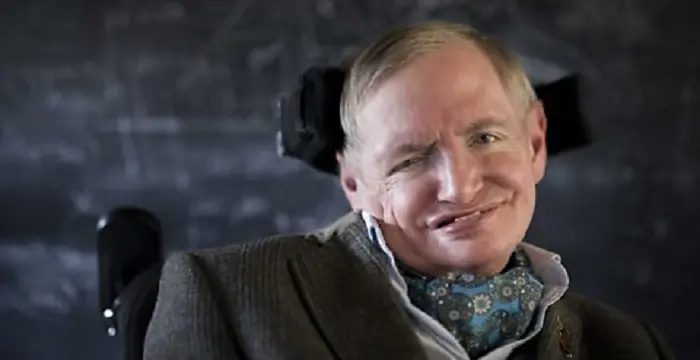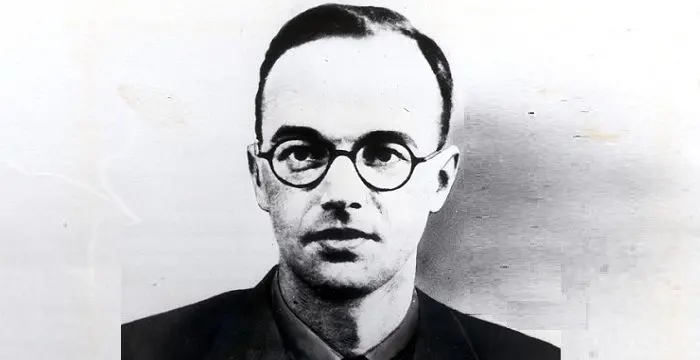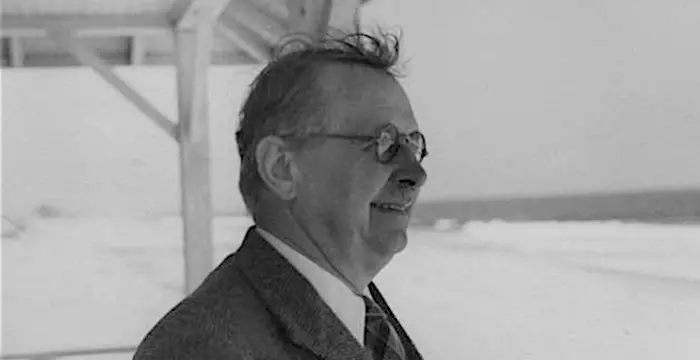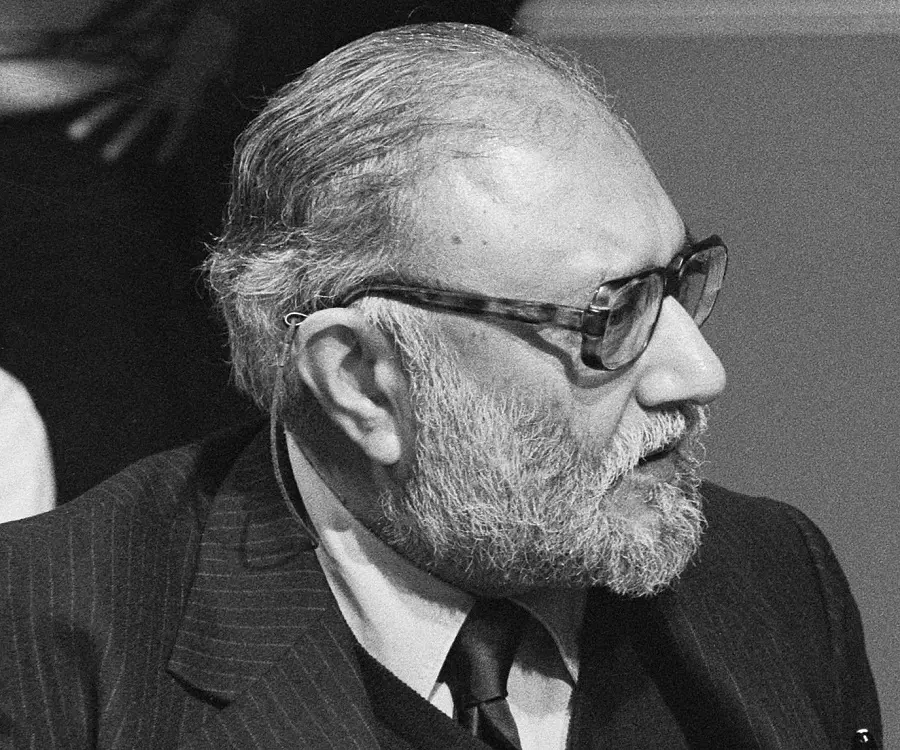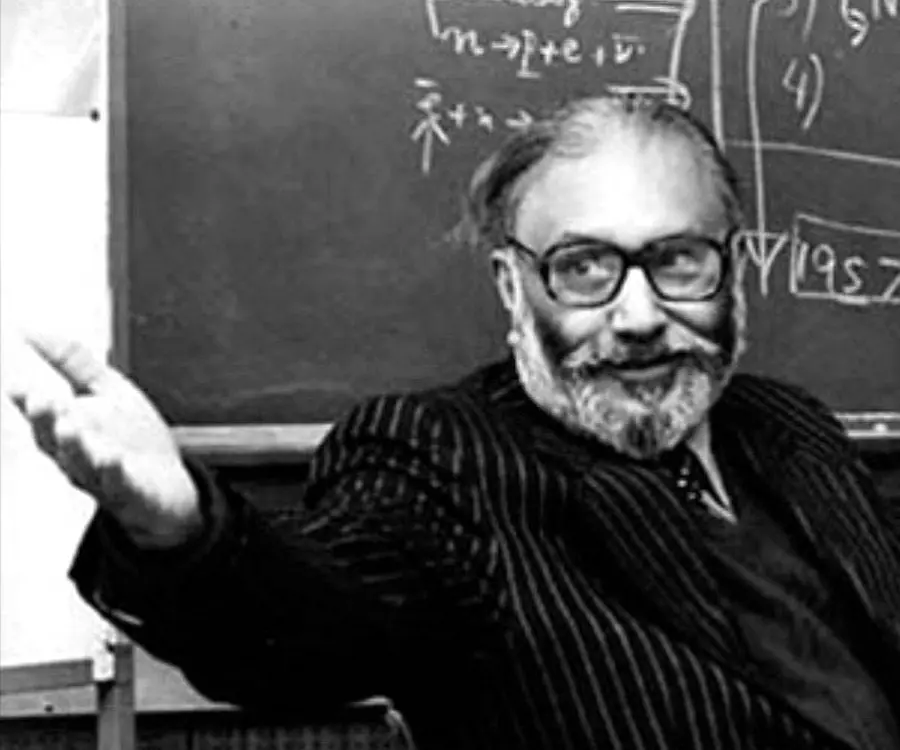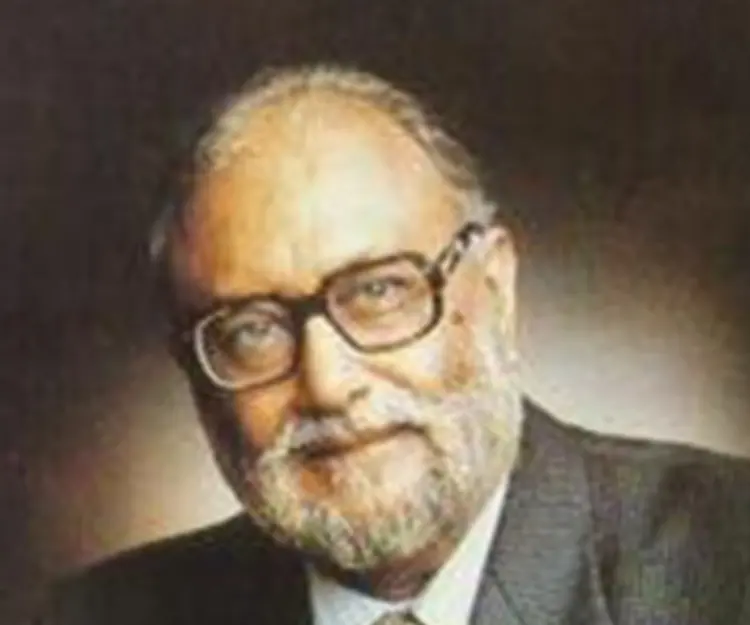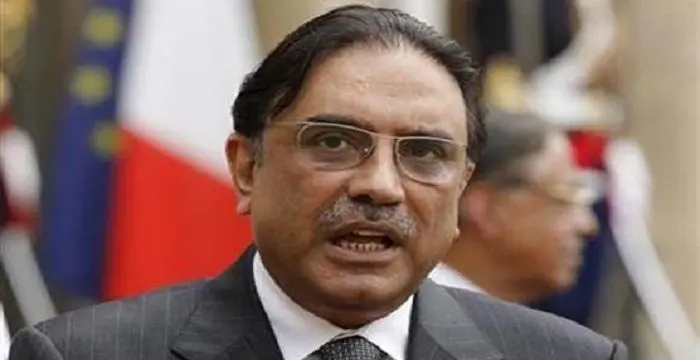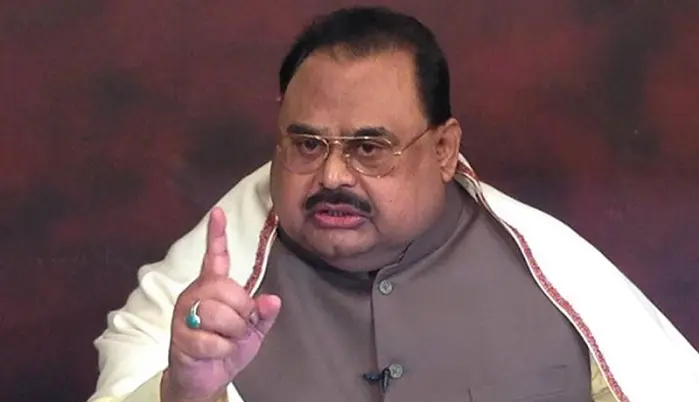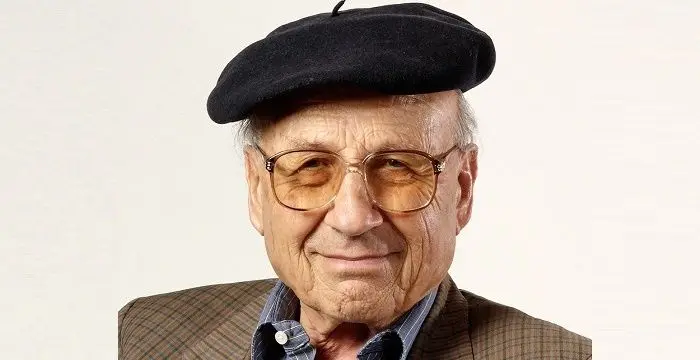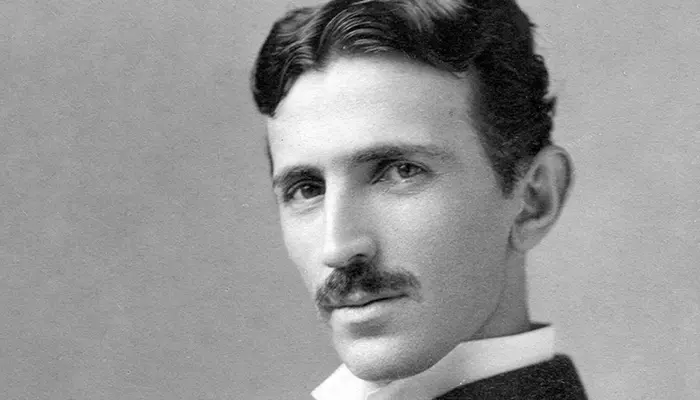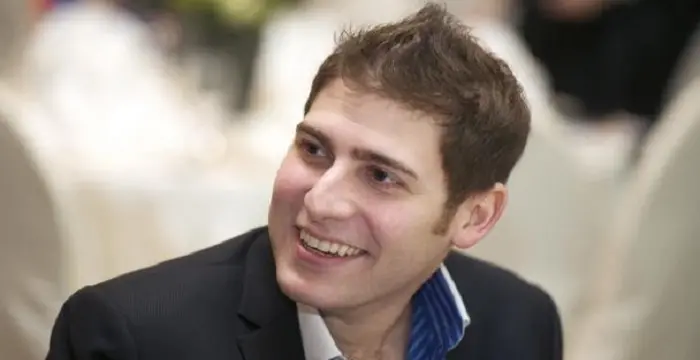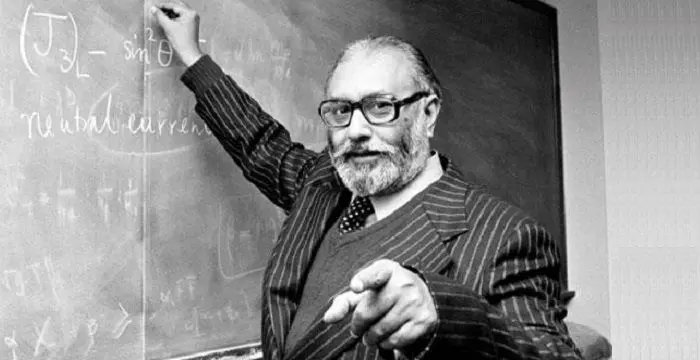
Abdus Salam - Pakistani Men, Timeline and Childhood
Abdus Salam's Personal Details
Abdus Salam was a renowned scientist who belonged to Pakistan
| Information | Detail |
|---|---|
| Birthday | January 29, 1926 |
| Died on | November 21, 1996 |
| Nationality | Pakistani |
| Famous | Scientists, Physicists, Pakistani Men, Theoretical Physicist |
| Known as | Mohammad Abdus Salam |
| Universities |
|
| Birth Place | Sahiwal |
| Gender | Male |
| Father | Chaudhry Muhammad Hussain |
| Mother | Hajira Hussain |
| Sun Sign | Aquarius |
| Born in | Sahiwal |
| Famous as | Theoretical Physicist |
| Died at Age | 70 |
// Famous Theoretical Physicist
Stephen Hawking
Stephen Hawking was an English theoretical physicist, cosmologist and author. This biography offers detailed information about his childhood, career, life, achievements, trivia and timeline.
Klaus Fuchs
Emil Julius Klaus Fuchs was a German theoretical physicist and an atomic spy who provided valuable information to the Soviet Union. This biography profiles his childhood, life, career, achievements and timeline.
Hermann Klaus Hugo Weyl
Hermann K. H. Weyl was a renowned German mathematician. Check out this biography to know about his childhood, family life, achievements and other facts related to his life.
Abdus Salam's photo
Who is Abdus Salam?
One person who had made the Asian sub-continental nation of Pakistan famous for a reason other than cricket and politics, is Abdus Salam. This theoretical physicist had contributed immensely towards electroweak unification and was rewarded for this hard work in the form of a ‘Nobel Prize’. Other than just dedicating his time towards particle physics, Salam also encouraged scientific research to a great extent in his country. He played a pivotal role in the development of nuclear energy and the atomic bomb project in Pakistan. Many Pakistani scientists who got an opportunity to work along with him, called him a ‘Scientific Father’. Salam continuously worked towards the development of science in Pakistan, till the time of his death,. The government of Pakistan issued a stamp as a mark of respect to Salam’s scientific contribution, post his death. Till date, he is considered to be one of the most influential scientists the country has ever produced. In spite of his contributions towards the country, Salam was discriminated by his own country. He was considered to be a non-Islamic since he belonged to the ‘Ahmaddiya’ community. This provoked Salam to move out of his country, and stay in England during his final days.
// Famous Pakistani Men
Iqbal Masih
Iqbal Masih was a Pakistani boy who suffered as a child labourer and later became a symbol of child labour. Let's take a look at his childhood, life as a child labourer, death and legacy.
Asif Ali Zardari
This famous Pakistani politician was the country’s first democratically elected President and husband of late Prime Minister Benazir Bhutto. To know more about his childhood, career, profile and timeline read on
Altaf Hussain
Altaf Hussain who currently resides in the UK after being exiled from his homeland, is the leader of the fourth largest political party in Pakistan. To know more about his childhood, career, profile and timeline read on
Childhood & Early Life
Abdus Salam was born on 29 January 1926 to Chaudhry Muhammad Hussain and Hazira Hussain, Salam’s father served as an education officer in the Punjab state’s department of education. His grandfather was a physician and a religious scholar.
Salam finished his matriculation from the Punjab University, at the age of 14 and scored the highest marks ever in the history of the university. His mentors insisted that he should become an English teacher, however, Salam wanted to stick to Mathematics. He also went on to pursue a B.A in mathematics by the year 1944.
Salam tried to pursue Civil Services as per his father’s wish. However, he failed to qualify since he wore spectacles and was too young.
In 1946, he completed his M.A in mathematics from the Government College University. He also received a scholarship from the University of Cambridge the same year, to pursue further studies
Salam completed his BA degree in double first class honours from the Cambridge University, 1949. Mathematics and Physics were his chosen subjects for specialization.
Salam pursued his PhD degree in theoretical physics from the Cavendish Laboratory at Cambridge, where he chose Quantum Electrodynamics as a subject for his doctoral thesis.
Career
In 1951, Salam started teaching Mathematics at the Government College University. He continued in this position till 1954. During this period, he was also the Chairman of Mathematics at the University of Punjab. His attempts to include Quantum Mechanics as a part of the Under-graduate curriculum failed, which prompted Salam to teach the subject informally to those interested in the subject
In the year 1954, he went to St. John’s College Lahore, where he served as a professor for the next three years.
Salam joined the Imperial College, London, in the year 1957. He set up the theoretical physics department during his tenure. This department went on to become one of the most prestigious research departments.
In 1959, at the age of 33, Salam became the youngest man to be named ‘Fellow of the Royal Society’
Abdus Salam became a part of the Pakistan government in 1960, where he served as a scientific advisor. In an era where the previous governments used to hardly spend 1% of Pakistan’s GDP on scientific research, Salam brought a sea change.
In 1961, Salam presented an idea of setting up Pakistan’s space research agency, to its then president Ayub Khan. Later, in the same year, Space and Upper Atmosphere Research Commission was established through an executive order.
Salam founded the International Centre for Theoretical Physics (ICTP) in 1964, at Trieste, Italy. Salam served as the director of this research center for almost three decades, upto 1993.
1965 turned out to be an important year for Abdus Salam. He established the Pakistan Institute of Nuclear Research and Technology this year. Additionally, Pakistan’s first nuclear reactor, called the Pakistan Atomic Research Reactor also came into effect this year.
In 1975, Salam founded the International Nathiagali Science College (INSC), in Pakistan. The intention was to promote science in the nation. Annual meetings of scientists from across the world are held at this institute, and the discussions are mostly based on physics.
Major Works
The International Center for Theoretical Physics (ICTP) which was founded by Salam in the year 1964, is currently one of the greatest hubs for scientific research in the world.
One of the many contributions of Salam which would be cherished greatly is the establishment of the Pakistan Institute of Research and Technology, in the year 1965. He also paved way for the nation’s first Atomic Research Reactor in the same year.
Salam played a crucial role in Pakistan’s attempt to develop the atomic bomb. As per then Prime Minister Zulfiqar Ali Bhutto’s advice, Salam visited the US in 1971. He gained significant knowledge about the development of an atomic bomb during his stay in the US. Many important research meetings were carried out by this collaboration of Bhutto and Abdus Salam. One such important meeting was the famous ‘Multan Meeting’
Under Salam’s leadership, the theoretical design of the nuclear weapon device was completed by the year 1977. This milestone was achieved with the help of many scientists who were a part of the ‘Theoretical Physics Group’, an association which was also formed as a result of Salam’s vision. .
Awards & Achievements
In 1950, Salam was honoured with the prestigious ‘Smith’s Award’ by the Cambridge University
He received the ‘Adam’s Prize’ from the Cambridge University, in the year 1958, for his contribution towards science.
The government of Pakistan awarded him the ‘Sitara-E-Pakistan’, for paving way for scientific research in the nation.
Abdus Salam was honoured with the ‘Hughes Medal’ of the Royal Society of London, in 1964, for his outstanding contribution towards Quantum Mechanics and the Theory of Fundamental Particles.
He was given the ‘Atoms Peace Award’ for his excellence in nuclear research, in the year 1968
In 1979, he won the prestigious Nobel Prize in Physics for his contribution to electroweak unification. He became the first Muslim to win a Nobel Prize in science. He is also the first and the only Pakistani so far to win the Nobel Prize..
Personal Life & Legacy
Salam married twice. His wife at the time of his death was Dame Louise Johnson, who also was a professor of molecular biology at the Oxford University. He is survived by three daughters and a son from his first wedding. He also had a son and a daughter as a result of his relationship with Dame Louise Johnson.
In the year 1974, a disappointed Salam left Pakistan in protest after the ‘Ahmaddiya’, a community he belonged to, was termed ‘Non-Muslim’ as per a constitutional amendment passed by the Pakistani authorities.
As a result of Progressive Cerebral Palsy, Abdus Salam passed away in the year 1996. A whopping 30,000 people had gathered to pay their last respects to the man. His body was cremated in Rabwah, Pakistan, next to the spot where his parents were buried.
// Famous Physicists
Henry Cavendish
Henry Cavendish was a theoretical chemist and physicist, renowned for discovery of hydrogen and calculation of the mass of earth. To know more about his childhood, profile, timeline and career read on
Walter Kohn
Nobel Laureate Walter Kohn was an Austrian-born American theoretical chemist and physicist. Check out this biography to know about his childhood, life, achievements, works & timeline.
Nikola Tesla
Nikola Tesla was a Serbian-American inventor, best known for his development of alternating current electrical systems. This biography of Nikola Tesla provides detailed information about his childhood, life, achievements, works & timeline.
Abdus Salam's awards
| Year | Name | Award |
|---|---|---|
Other | ||
| 0 | - Adams Prize | |
| 1979 | Nishan-e-Imtiaz | |
| 1959 | Sitara-e-Pakistan | |
| 1983 | Lomonosov Gold Medal | |
| 0 | 1979 - Nobel Prize in Physics | |
| 0 | 1990 - Copley Medal | |
| 0 | - Smith's Prize | |
Abdus Salam biography timelines
- // 29th Jan 1926Abdus Salam was born on 29 January 1926 to Chaudhry Muhammad Hussain and Hazira Hussain, Salam’s father served as an education officer in the Punjab state’s department of education. His grandfather was a physician and a religious scholar.
- // 1944Salam finished his matriculation from the Punjab University, at the age of 14 and scored the highest marks ever in the history of the university. His mentors insisted that he should become an English teacher, however, Salam wanted to stick to Mathematics. He also went on to pursue a B.A in mathematics by the year 1944.
- // 1946In 1946, he completed his M.A in mathematics from the Government College University. He also received a scholarship from the University of Cambridge the same year, to pursue further studies
- // 1951In 1951, Salam started teaching Mathematics at the Government College University. He continued in this position till 1954. During this period, he was also the Chairman of Mathematics at the University of Punjab. His attempts to include Quantum Mechanics as a part of the Under-graduate curriculum failed, which prompted Salam to teach the subject informally to those interested in the subject
- // 1954In the year 1954, he went to St. John’s College Lahore, where he served as a professor for the next three years.
- // 1957Salam joined the Imperial College, London, in the year 1957. He set up the theoretical physics department during his tenure. This department went on to become one of the most prestigious research departments.
- // 1959Abdus Salam became a part of the Pakistan government in 1960, where he served as a scientific advisor. In an era where the previous governments used to hardly spend 1% of Pakistan’s GDP on scientific research, Salam brought a sea change.
- // 1964Salam founded the International Centre for Theoretical Physics (ICTP) in 1964, at Trieste, Italy. Salam served as the director of this research center for almost three decades, upto 1993.
- // 1975In 1975, Salam founded the International Nathiagali Science College (INSC), in Pakistan. The intention was to promote science in the nation. Annual meetings of scientists from across the world are held at this institute, and the discussions are mostly based on physics.
- // 1979In 1979, he won the prestigious Nobel Prize in Physics for his contribution to electroweak unification. He became the first Muslim to win a Nobel Prize in science. He is also the first and the only Pakistani so far to win the Nobel Prize..
- // 21st Nov 1996As a result of Progressive Cerebral Palsy, Abdus Salam passed away in the year 1996. A whopping 30,000 people had gathered to pay their last respects to the man. His body was cremated in Rabwah, Pakistan, next to the spot where his parents were buried.
// Famous Scientists
Juliane Koepcke
Juliane Koepcke is a German-Peruvian biologist, who was the lone survivor among the 92 passengers and crew of the ill-fated LANSA Flight 508 that crashed in the Peruvian rainforest on 24 December 1971. Know more about her life in this biography.
Henry Cavendish
Henry Cavendish was a theoretical chemist and physicist, renowned for discovery of hydrogen and calculation of the mass of earth. To know more about his childhood, profile, timeline and career read on
Konstantin Tsiolkovsky
Konstantin Tsiolkovsky was a Russian rocket scientist and a pioneer of astronautics. This biography provides detailed information about his childhood, family, personal life, career, achievements, etc.
Gabe Newell
Gabe Newell is an American computer programmer and businessman, best known as the co-founder of ‘Valve Corporation.’ This biography provides detailed information about his childhood, family, personal life, career, etc.
Grigori Perelman
Grigori Perelman is a Russian mathematician who is best known for his contributions to Riemannian geometry and geometric topology. Check out this biography to know about his childhood, family life, achievements and fun facts about him.
Eduardo Saverin
Eduardo Luiz Saverin is a Brazilian internet entrepreneur and investor. This biography profiles his childhood, life, career, achievements, and timeline
Abdus Salam's FAQ
What is Abdus Salam birthday?
Abdus Salam was born at 1926-01-29
When was Abdus Salam died?
Abdus Salam was died at 1996-11-21
Where was Abdus Salam died?
Abdus Salam was died in Oxford
Which age was Abdus Salam died?
Abdus Salam was died at age 70
Where is Abdus Salam's birth place?
Abdus Salam was born in Sahiwal
What is Abdus Salam nationalities?
Abdus Salam's nationalities is Pakistani
What was Abdus Salam universities?
Abdus Salam studied at St John's College, Cambridge, Government College University, University of the Punjab, University of Cambridge
Who is Abdus Salam's father?
Abdus Salam's father is Chaudhry Muhammad Hussain
Who is Abdus Salam's mother?
Abdus Salam's mother is Hajira Hussain
What is Abdus Salam's sun sign?
Abdus Salam is Aquarius
How famous is Abdus Salam?
Abdus Salam is famouse as Theoretical Physicist
